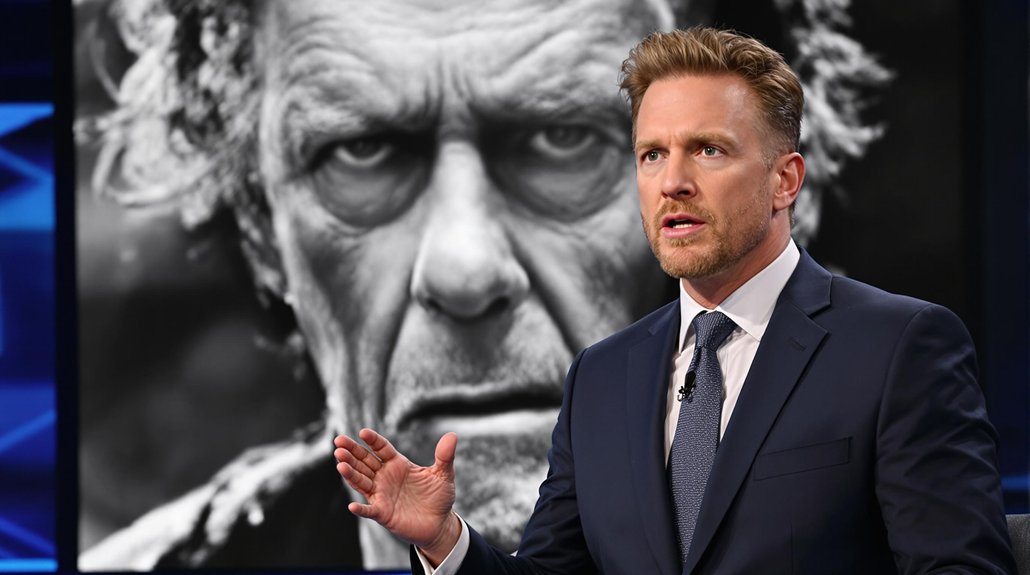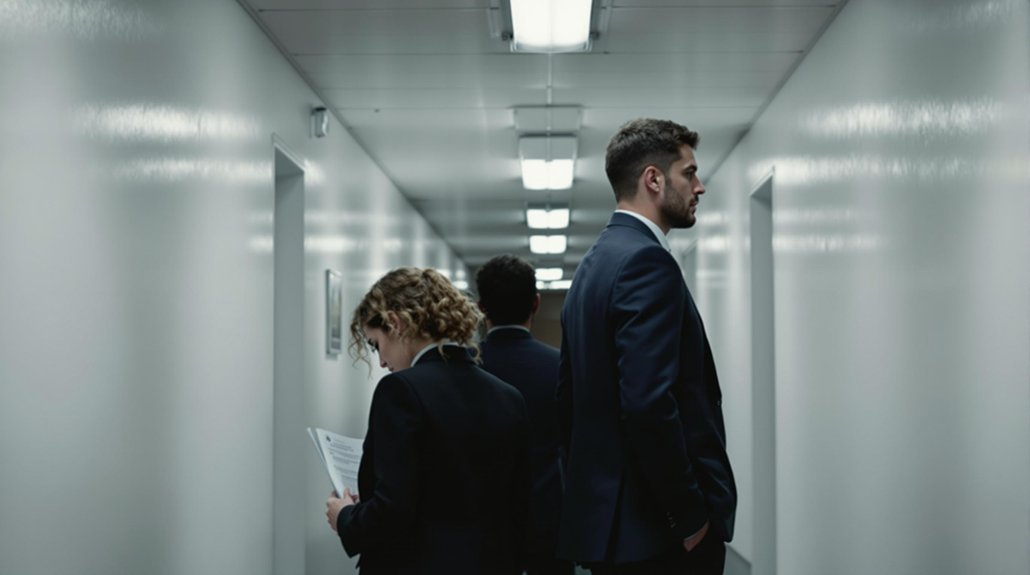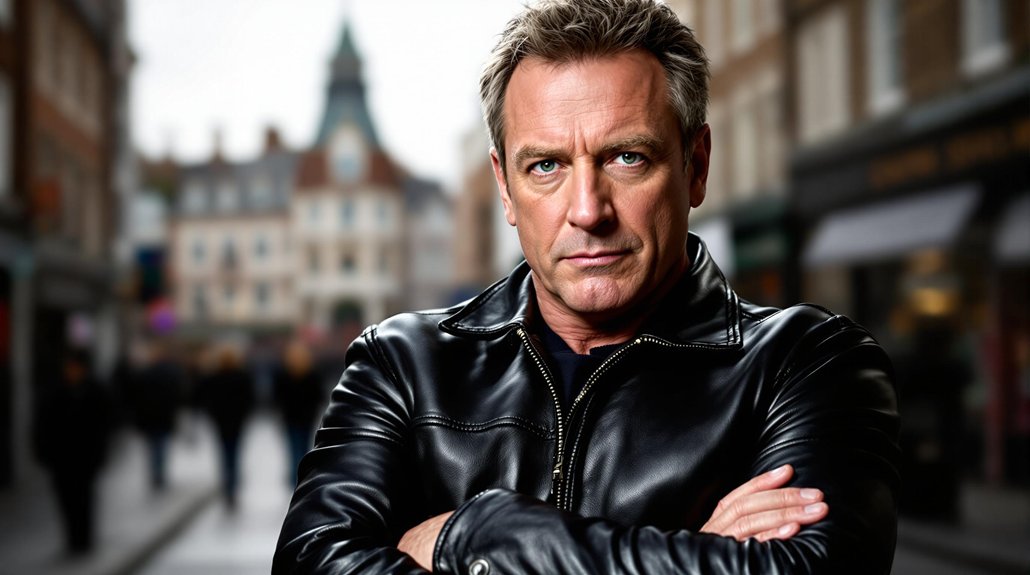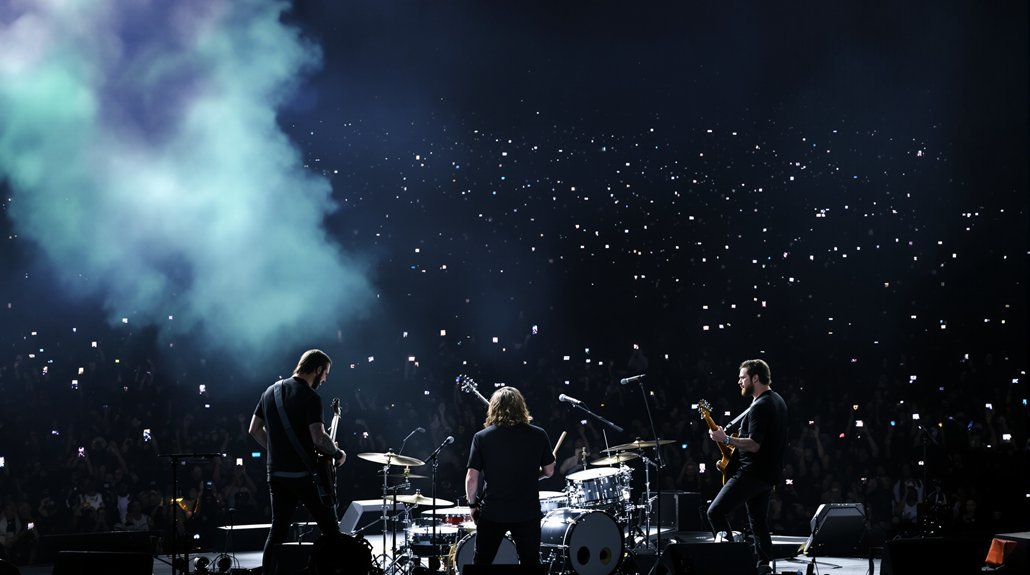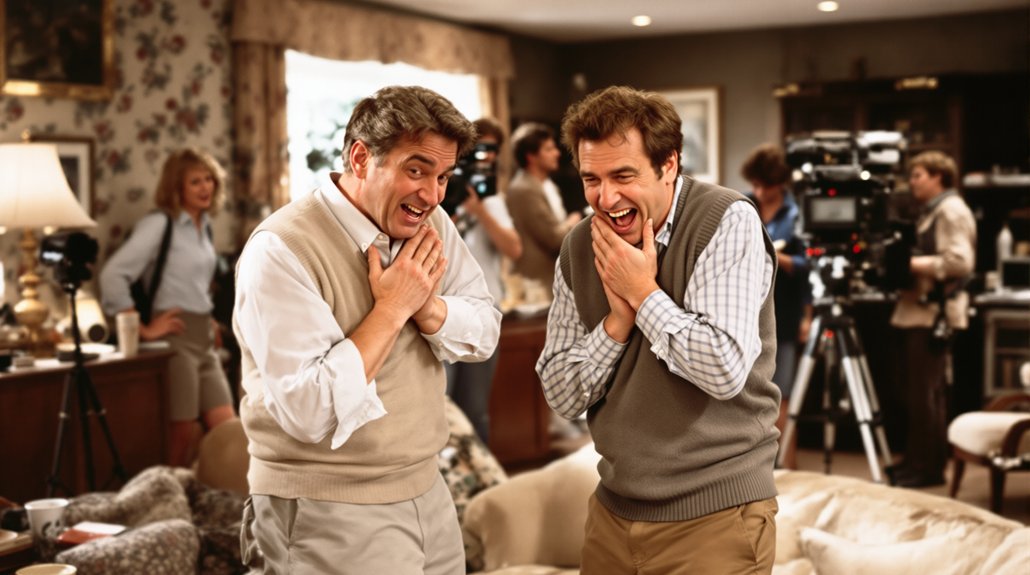Celebrity Big Brother host Will Best has raised significant concerns about Mickey Rourke’s potential participation in the reality television program, warning that the actor’s documented history of erratic behavior and unpredictable conduct could severely compromise live broadcasting standards. Rourke’s pattern of on-set disruptions, defiance of production protocols, and inappropriate behavior during previous television appearances has led broadcasting executives to view him as a substantial risk for unscripted environments requiring consistent professional cooperation and reliable conduct throughout filming.
Television presenter Will Best has issued cautionary remarks regarding Mickey Rourke‘s participation in upcoming media ventures, citing the actor’s well-documented history of erratic behavior and unpredictable conduct that has consistently disrupted film productions and live broadcasts throughout his turbulent career.
Rourke’s reputation as a Hollywood maverick stems from decades of professional misconduct, including deliberate disregard for wardrobe mandates, unauthorized appearance alterations against director instructions, and frequent disruptions caused by playing loud music to prepare for scenes.
Mickey Rourke’s decades-long pattern of on-set disruptions and deliberate defiance of production protocols has cemented his reputation as Hollywood’s most unpredictable maverick.
Industry professionals have consistently reported tensions with cast members and crew, often requiring adjusted schedules and modified protocols to accommodate his unconventional working methods and personal rituals.
The actor’s instability traces back to a troubled childhood marked by abuse from his stepfather, contributing to long-term psychological challenges that manifest as authority conflicts and emotional regulation difficulties. This traumatic background has been publicly acknowledged in interviews and memoirs, with behavioral experts linking his adult outbursts and erratic conduct to unresolved childhood trauma. Boxing became an outlet for Rourke’s pent-up aggression from these formative experiences.
Rourke’s career trajectory demonstrates dramatic fluctuations, including rapid 1980s fame followed by equally swift decline due to personal instability and self-destructive decision-making. His brief professional boxing career further damaged his Hollywood standing, while repeated poor choices left industry colleagues uncertain about his project reliability and professional commitment. Despite this trajectory, Rourke commands a high salary of $3 million per film from past successes, though recent projects have struggled with distribution.
Recent reality television participation attempts have proven problematic, with producers citing inappropriate behavior leading to early removal from Celebrity Big Brother.
Broadcasting executives express concern about potential disruptions during live programming, viewing his unpredictable nature as significant risk for unscripted environments and show continuity.
Public perception remains divided, with French audiences and certain actors viewing Rourke as a cult figure representing artistic nonconformity, while American media and industry peers frequently describe him as difficult and volatile. His story shares parallels with other artists who have faced career struggles, though some have achieved remarkable comebacks like Lady Gaga’s transition from club scene performer to global superstar.
His record includes public remarks considered out of step with contemporary standards, angry outbursts, heavy drinking incidents, and various altercations that continue impacting his long-term employability.
Despite ongoing therapy and rehabilitation attempts, Rourke’s pattern of unpredictable behavior persists, prompting Best’s warnings about potential derailment of future television projects requiring consistent professional conduct and reliable participant cooperation.
